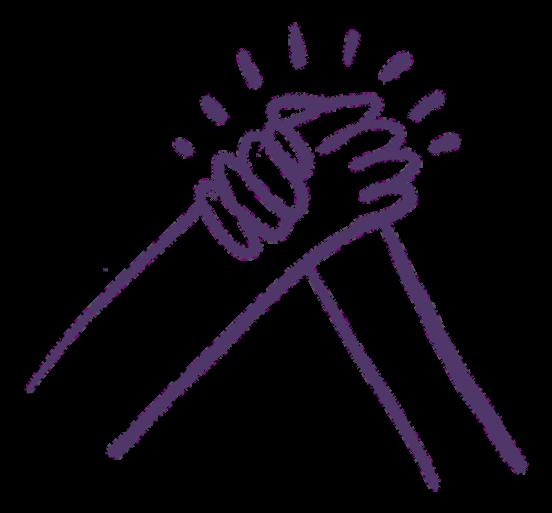














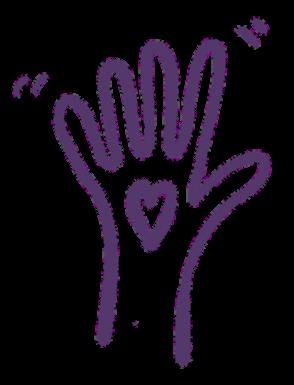
Our integrated crisis services work with a person’s whole life - not just their mental health challenges.
We understand the complex needs of people struggling with their mental health. We know that someone’s unmet social and practical needs are often largely responsible for deterioration in their mental health.
We work in close partnership with NHS crisis teams to get people the urgent help they need. This relieves pressure on clinical teams, addresses the practical issues causing the crisis, and gives people the tools they need to manage in the future.
We’re also proud to have been awarded a place on the NHS Shared Business Services’ Mental Health, Learning Disability and Autism: Assessment and Diagnosis, NHS Talking Therapies and Crisis Services framework agreement, for the supply of crisis services.




Reduces pressure on NHS crisis teams, A&E, and police.
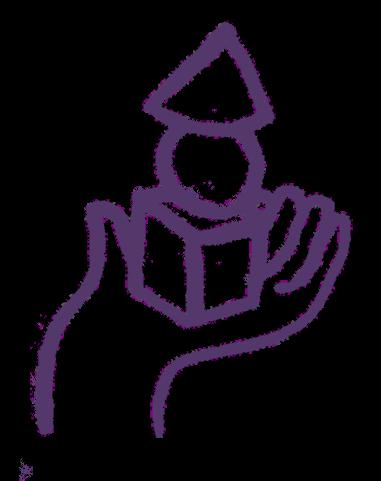
Gives people the skills to manage their mental health.

Improves outcomes for people in crisis. Addresses social and practical causes of mental health crisis.

Connects people to support in their communities.

Powered by our team’s lived experience of mental ill-health.
Our services: working with complexity

Community-based, supportive residential alternatives to hospital admission. Our crisis houses are nurse-led and follow a clinical model.
We deliver these in partnership with NHS crisis teams.
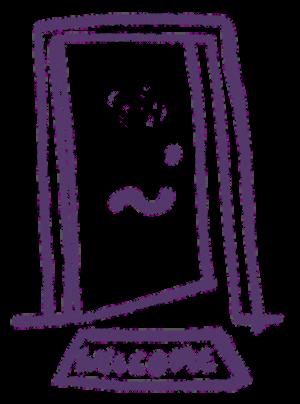
Drop-in, out-of-hours support for people in mental health crisis, hosted in local venues on the high street.
Our team helps people to manage their emotions, co-create a safety plan, and find support to tackle practical issues affecting their mental health.

Up to 12 weeks of 1:1 emotional and practical support to address financial, social, housing, and health-related causes of a person’s crisis.
We take referrals directly from NHS crisis teams, primary care, and health and social care professionals.

Up to 14 days of daily support for people in distress.
We train community-based first responders including GPs, mental health practitioners, paramedics, police officers and social workers.
They provide an initial repsonse to people in distress and refer them to our intensive practical and emotional follow-up.
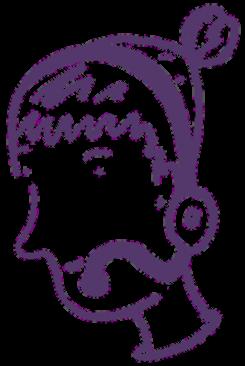
First response telephone support for people in mental health crisis or distress, who call NHS 111 and press option 2 for mental health.
Our team provides telephone screening to identify a person ' s needs needs, before signposting or referring callers to appropriate local services, including the Crisis Team.


Statistics from April 2024 - March 2025 people supported by our crisis services

crisis support sessions provided 55,596
of people we supported increased their wellbeing scores 89%

3,813
NHS 111 calls taken from people in crisis
26,001 of our NHS 111 calls didn’t need to be transferred to the NHS crisis team 70%
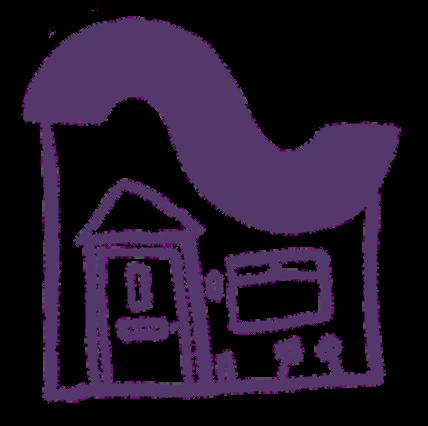
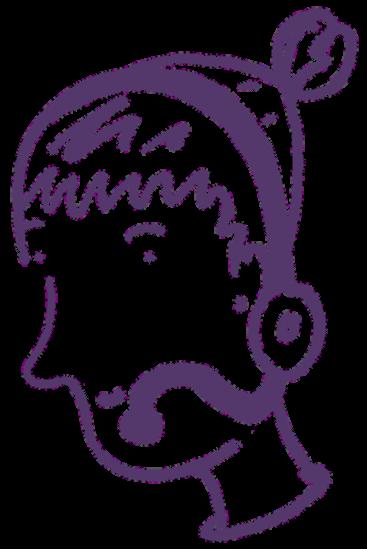
people visited our Northumberland and Newcastle Safe Havens

1,401 of visitors to our Northumberland Safe Haven felt their experience of crisis was reduced 87%


Jackie* is in her 40s and has been known to mental health services since 2015.
In the five months before Jackie was referred to our Together in a Crisis service, she’d been through 17 urgent care referrals, two home-based treatment (HBT) episodes, and one inpatient admission.



*Name changed for privacy
Jackie was eventually referred to our Together in a Crisis service.
Jackie was referred us so we could help her tackle the issues causing her crisis, including social stress, housing problems, and financial difficulties.

After being referred to us, Jackie had one assessment and triage referral, with no further referrals to secondary care that year.

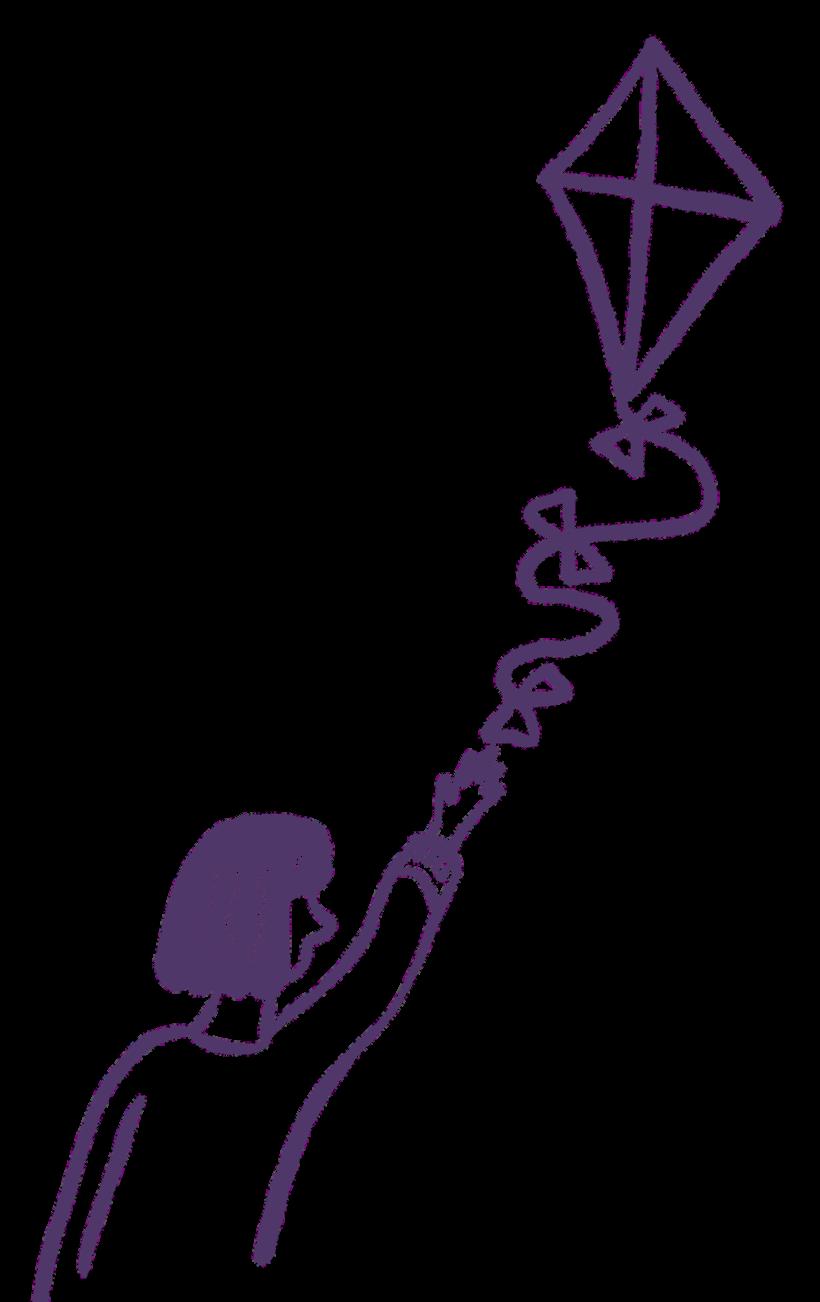


All NHS unit costs calculated using PSSRU ‘Unit Costs of Healthcare’ and NHS ‘National Schedule of Costs’ data. Everyturn costs calculated on a per service user basis, based on contract value and service use data.
Everyturn has been instrumental in developing multiple alternative to crisis pathways, including Safe Havens and crisis beds, for a number of years.
They are innovative, responsive, and committed to making a positive impact on the lives of residents, as well as working robustly across the system and with partners for mental health transformation.
Mental health commissoner


From a clinical perspective, having alternatives to offer people in crisis is an absolute gift.
It gives a tangible and readily available practical and holistic approach to help people with a range of psychosocial stressors that can lead them to crisis. It offers the opportunity for a community and systems approach to help with distress, rather than a clinical approach which may not be what is required.
It gives the chance for clinicians to offer an immediate service for people during crisis, which can incredibly validating to the person in distress and allow them to feel supported and safer.
Nurse consultant








